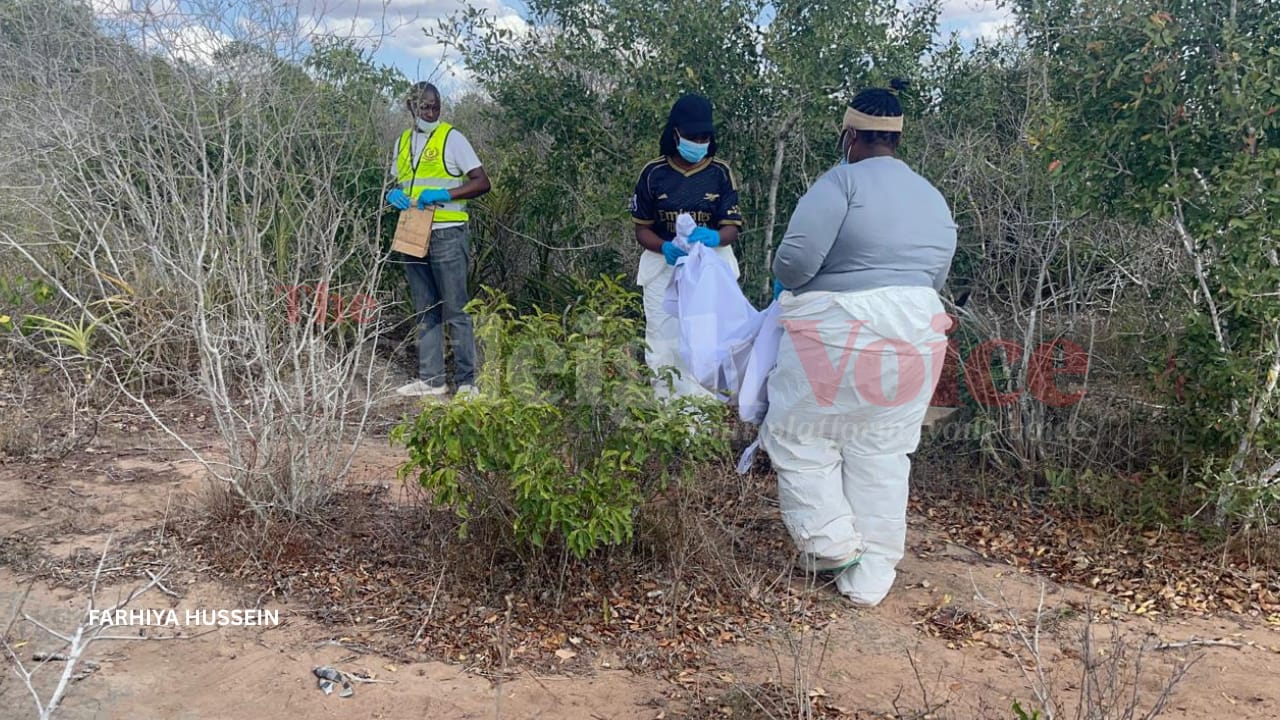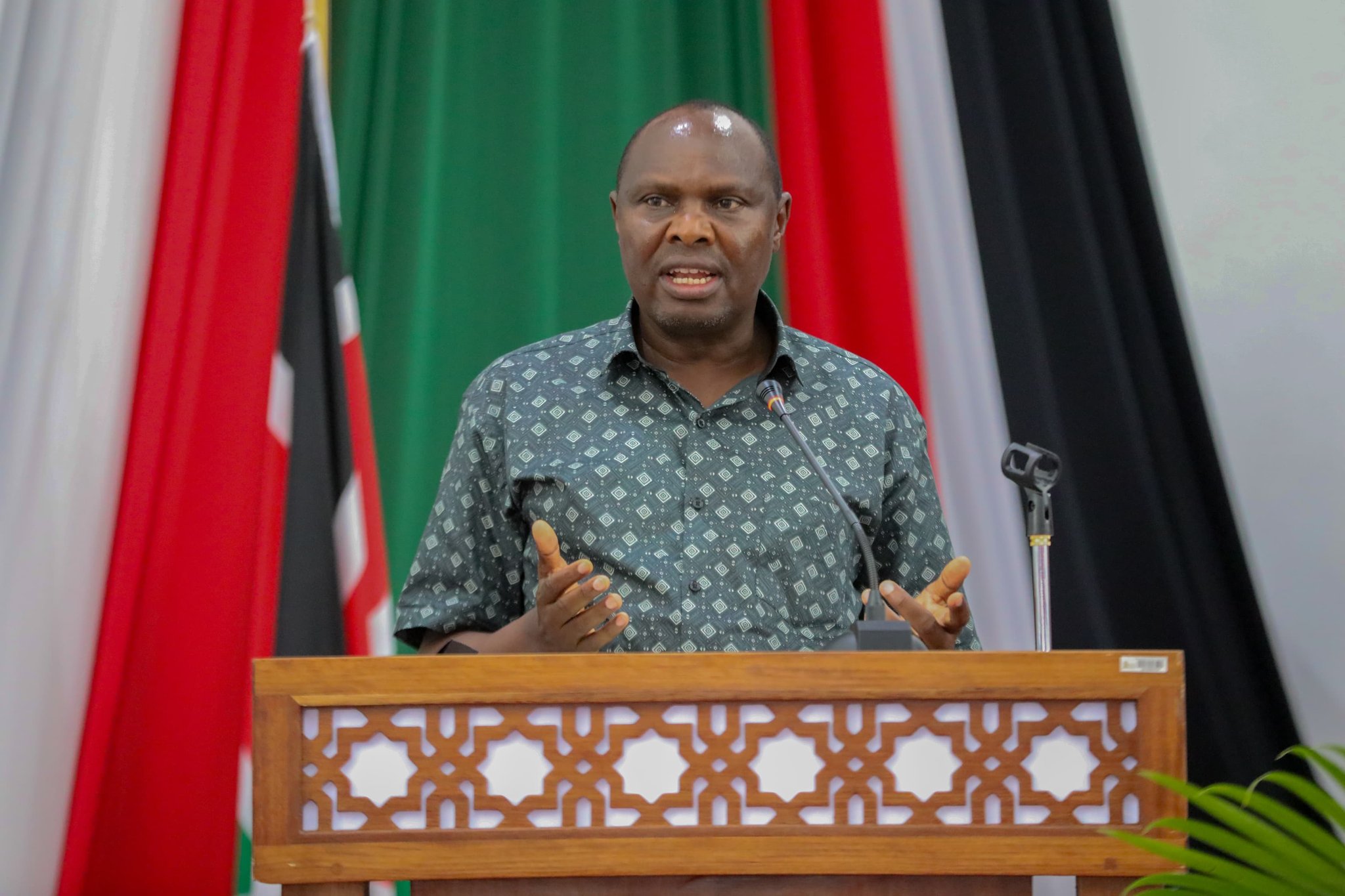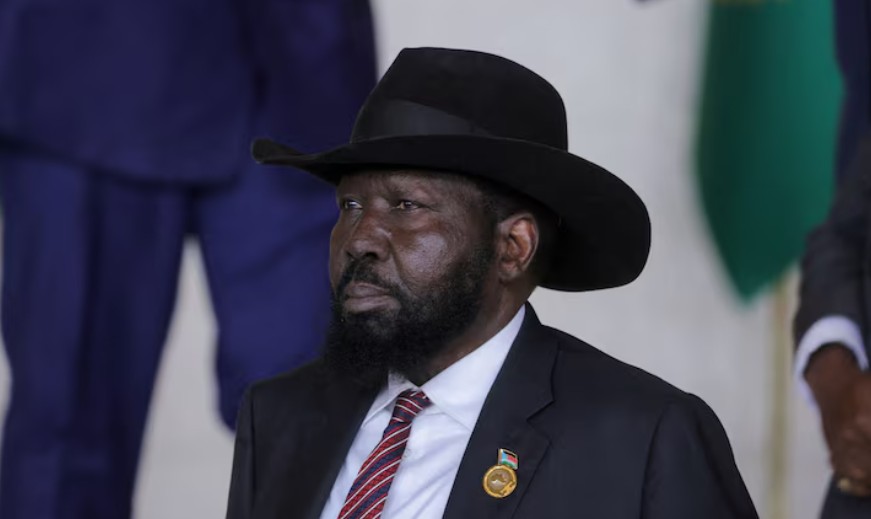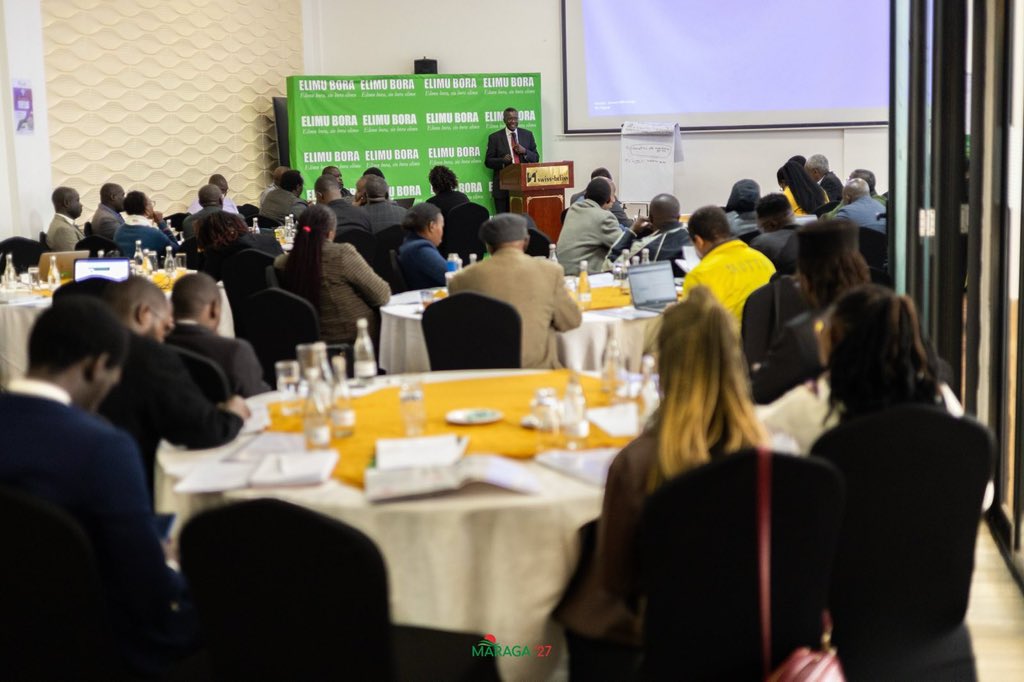Deputy Speaker Gladys Shollei lauds committees as Parliament’s ‘engine room’

She explained that Committees had held a total of 2,115 sittings, including 820 by Audit, Appropriations and General Purpose Committees and 1,295 by Departmental Committees.
National Assembly Deputy Speaker Gladys Boss Shollei has lauded House Committees as the “engine room of Parliament”.
Speaking during the National Assembly’s 3rd Leadership Retreat in Mombasa, Shollei said at least 648 audit reports have been scrutinised and more than 2,100 sittings held by committees in the fourth session of the 13th Parliament
More To Read
- Speaker Kingi dismisses Ruto's bribery claims, says no formal complaints filed against senators
- Senators to choose between plenary or committee in Governor Mutai impeachment case
- Section of Senators demand President Ruto be summoned to give evidence over alleged bribery in Parliament
- Senate invites public views on Bill proposing sweeping changes to its powers
- Raila urges more devolution, says governors should answer to county assemblies, not Senate
- Digital workers slam Senate’s controversial business laws Bill amid concerns over rights violations
Shollei said Parliament also conducted 47 inspection visits, vetted 26 Cabinet Secretaries, one Attorney General and 65 nominees to constitutional and statutory offices, while considering 11 international treaties and scrutinising 83 statutory instruments.
“Committees are the heartbeat of Parliament. In oversight alone, Committees reviewed 648 reports of the Auditor General, cutting down legacy backlogs and strengthening follow-up on audit queries,” she said.
She explained that Committees had held a total of 2,115 sittings, including 820 by Audit, Appropriations and General Purpose Committees and 1,295 by Departmental Committees. Out of the 47 inspection visits, 17 were undertaken by Audit and Appropriations Committees and 30 by Departmental Committees to monitor use of budgeted resources and policy implementation.
On vetting responsibilities, Shollei said the Committee on Appointments vetted 26 Cabinet Secretaries and one Attorney General, while Departmental Committees handled 65 nominees to constitutional and statutory offices, including the Inspector General of Police, the Independent Electoral and Boundaries Commission (IEBC), the Independent Policing Oversight Authority (IPOA), the National Gender and Equality Commission (NGEC) and the National Police Service Commission (NPSC).
The House also considered 11 international treaties and agreements, adopting eight to align Kenya’s obligations with national interests. According to Shollei, the Committee on Delegated Legislation scrutinised 83 statutory instruments and 21 drafts, “providing a necessary legality and proportionality check on subsidiary legislation.”
She added that on fiscal responsibility, the House processed the 2025/26 Budget Policy Statement, the Medium-Term Debt Management Strategy and Supplementary Estimates II, with departmental committees enriching the appropriations process through sector interrogations.
“Leadership is not about motions and reports. It is about whether citizens can feel the impact of our work,” she said.
The Deputy Speaker further praised Members for their contributions during deliberations on the Constitution of Kenya (Amendment) Bill, 2025.
“The passage of the Bill in the National Assembly is a significant achievement for the House. The proposed entrenchment of the National Government Constituencies Development Fund (NG-CDF), the Senate Oversight Fund, and the National Government Affirmative Action Fund reinforces our dedication to equitable resource sharing and devolution in practice. In addition, public consultations nationwide demonstrated overwhelming support,” she said.
At the same forum, Majority Leader Kimani Ichung’wah cautioned that the achievements of the House risk being undermined by misinformation and disinformation.
“Despite the milestones achieved by the National Assembly, this is usually undermined by misinformation and disinformation,” he said.
“Even with the statistics that I have just read, if the public is not involved and correctly informed on the business of the House, our work would be in vain.”
Ichung’wah outlined that in the Fourth Session, the National Assembly held 79 sittings, processed 65 Bills at different stages, introduced 157 Motions, presented 116 Questions to Cabinet Secretaries, requested 296 Statements, considered 53 statutory instruments, laid 2,302 Papers, and deliberated on 148 Committee Reports.
He cited the controversial Finance Bill, 2024, as an example of how misinformation disrupted legislation.
“You will recall the fate of the Finance Bill, 2024, whose provisions were later passed through the Tax Laws. Disinformation largely led to the loss of the Bill and the public uproar, despite the Bill having some progressive provisions that were intended to, among other things, boost local manufacturing and promote economic growth,” he explained.
Ichung’wah stressed the need for closer cooperation between Parliament and the media to counter misinformation.
“We must work very closely with both mainstream media and digital media to ensure the timely dissemination of factual information to the public,” he said.
He further emphasised the importance of communication.
“When we do not offer timely dissemination of information as a House, the public perceives what is out there, which is often wrong and incomplete information, as the truth. Effective communication remains central to building trust and credibility with the public, and moving forward, we must handle carefully and intentionally,” he noted.
Meanwhile, Minority Leader Junet Mohamed called for urgent consideration of the Kenya Roads (Amendment) Bill, 2025, warning that failure to act could cripple the country’s roads programme.
“Because of this, we must, as a House, prioritise the consideration of the Kenya Roads (Amendment) Bill, 2025. Failure to do so carries the grave risk of stalling the entire roads programme,” he said.
The Bill, sponsored by Homa Bay Town MP Peter Kaluma on behalf of the Legislative Caucus, seeks to address constitutional gaps flagged by the High Court in the Kenya Roads Board Act, particularly on the exclusion of counties from the Road Maintenance Levy Fund (RMLF).
If enacted, the law would allocate five per cent of the RMLF to counties, require the establishment of competent road departments, open special Central Bank accounts and submit annual programmes for oversight by the Kenya Roads Board.
Junet said the retreat was timely for Parliament to reflect on its performance, institutional discipline and public perception.
“There was no better time to call for the retreat than now. We are in the middle of the journey where we take stock of how far we have come, where we want to go and what challenges lie ahead,” he said.
He defended the House’s record, pointing to legislation on housing, health and infrastructure.
“Parliament has done very well. We have passed several Bills that have changed the lives of Kenyans. I think this Parliament has been judged harshly because we are seen as the boogeymen of politics,” he said.
On relations with the Judiciary, he called for constructive dialogue.
“We need to have a common understanding with the Judiciary. That is why tomorrow’s session with them is critical,” he said.
Top Stories Today













































